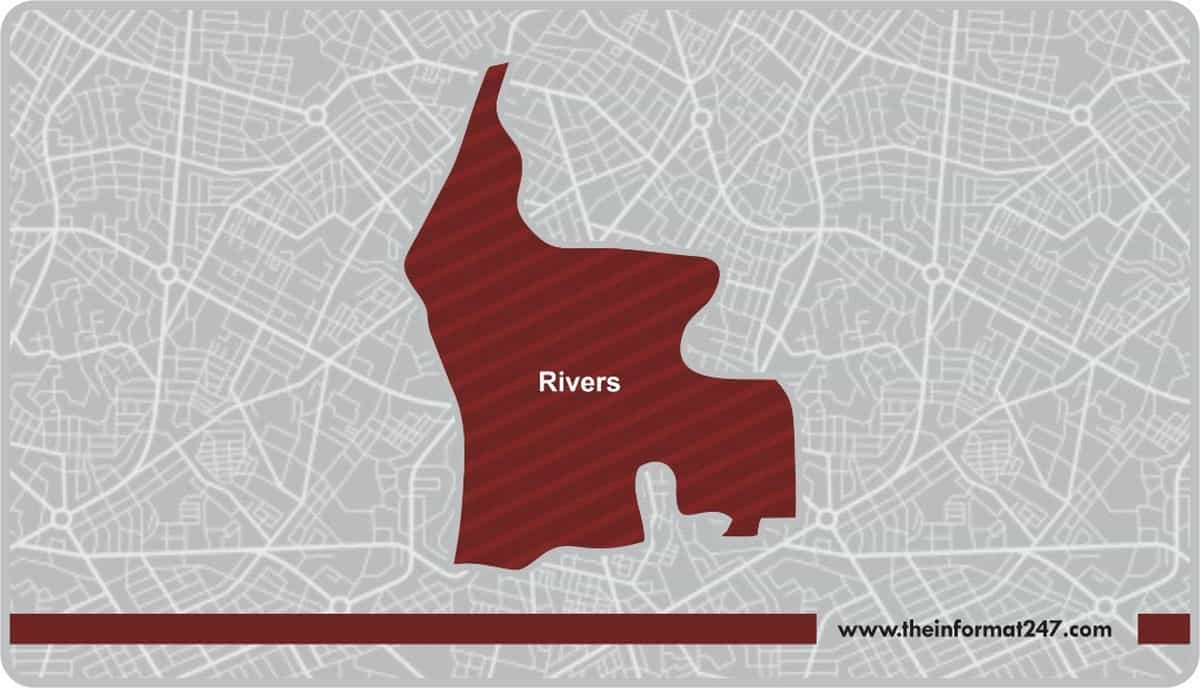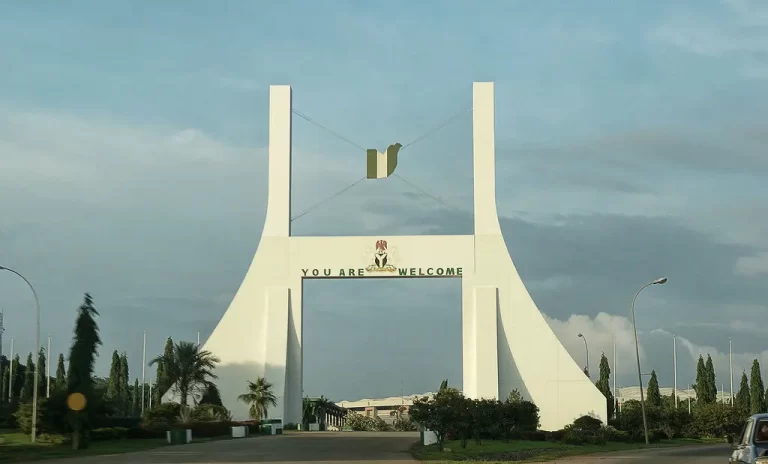COLUMN | Rivers of oil and power: Crisis, control and shifting sands of governance
By Abdulqadir M. Habeeb
The waters of Rivers State have seen many things. They have carried oil wealth to distant shores, witnessed the rise and fall of men who mistook temporary power for permanence, and now they reflect the smoke rising from another political crisis, this time wrapped in the language of national security.
On March 18, 2025, President Bola Ahmed Tinubu declared a state of emergency in Rivers, citing security concerns. The governor, his deputy, and the state legislature were all suspended, their offices left in limbo while federal authority took over. The move was swift and decisive. Depending on whom you ask, it was either a necessary intervention or a quiet reshaping of power dynamics in Nigeria’s oil heartland.
For those who follow history, there was a familiar ring to it.
A Crisis Years in the Making
To understand how Rivers reached this point, one must look beyond the last few weeks. The friction began long before budget disputes, before assembly teargas, before court orders stacked up like unpaid debts. It started with the old problem of succession, of a leader choosing a successor and realizing too late that power, once handed over, is rarely as obedient as expected.
Siminalayi Fubara, once seen as a natural extension of Nyesom Wike’s legacy, turned out to have ideas of his own. Those ideas clashed with the expectations of the political structure that birthed him. Attempts to reconcile differences only deepened them. The assembly became a battleground. The courts, a revolving door of conflicting rulings. The streets, a place of whispered speculations on who still held true power in Rivers.
Then came the fire. The Trans Niger Pipeline, a lifeline of the state’s economy, erupted in flames. Oil production stuttered. Security became the federal government’s concern. In Abuja, a decision was made.
Shifting Sands of Principle
The declaration of emergency was not unprecedented, but the response to it revealed much. Those who once questioned such measures now found them necessary. Those who once defended state autonomy now saw federal intervention as wisdom.
It was not long ago that a different president declared a state of emergency in Borno, Yobe, and Adamawa. Then, the opposition was resolute. The argument was clear. Local governance must not be dismantled in moments of crisis. The people’s mandate must not be interrupted. The constitution, they warned, must not be stretched to fit the ambitions of the moment.
Bola Ahmed Tinubu, then a leading opposition figure, warned of dangerous precedents. In 2013, when President Goodluck Jonathan took the same step, he called it “an overreach” and “a threat to democracy.” He argued that insecurity, no matter how grave, should not be used as an excuse to suspend duly elected officials. The response from the All Progressives Congress (APC) was swift and unyielding. Party leaders described it as an abuse of power, a disregard for constitutional order, and a move that undermined Nigeria’s democracy.
A decade later, the words have changed. The reasoning has shifted. Now, the Rivers situation requires federal intervention. Now, suspending a governor is framed as a necessary act of governance. Now, the constitution is open to broader interpretations.
Principles, it seems, are not set in stone. They shift like sand, carried by the winds of expediency, settling wherever they are most convenient. Time changes things. Or perhaps, time merely reveals them.
The Aftermath and the Precedent
Legal scholars have already begun parsing the details. Can a governor be suspended through an emergency declaration? What constitutional provisions justify this, if any? What precedent does this set for the future of federal-state relations? The debate is intense, with some arguing that the move is a necessary intervention to restore order, while others warn of creeping executive overreach. If today it is Rivers, where might this logic lead tomorrow?
The echoes of history are not lost on observers. Nigeria has seen emergency declarations before, sometimes as a measure of last resort, sometimes as a tool of political convenience. From the First Republic to the military years, and even in more recent democratic dispensations, the federal government has, at times, wielded extraordinary powers in the name of national stability. But each action, each exception to the norm, carries consequences.
In the political corridors of Abuja, however, the focus is elsewhere. The machine of governance must not falter. Stability must be projected. Control must be maintained. The oil must keep flowing. In a nation where political crises often ripple into economic instability, those in power understand the stakes. Investors watch with wary eyes, foreign diplomats and local politicians calculate their next moves.
For some, this is about law and order. For others, it is a stress test for democracy itself. Can a governor be removed outside of established constitutional processes? If the center can exert such power over a state today, what guarantees that another will not follow? The opposition seizes on these questions, warning that political convenience today could justify authoritarian impulses tomorrow.
The response from Rivers remains measured but watchful. Political actors within and outside the state weigh their options, issuing statements, consulting legal experts, and preparing for the next phase, whether in the courts, the legislature, or the court of public opinion. The implications extend beyond the Niger Delta. The game, as always, continues.
Lessons from the Tide
The waters of Rivers will settle, as they always do. The actors may change, but the script remains familiar. Loyalties are tested, power is recalibrated, and narratives are rewritten.
The real question is not whether Rivers will emerge from this moment. It will. The real question is what remains of the rules when the crisis is over.
‘Posterity shall vindicate the just’
Habeeb is a Tech, Strategy, and Innovations consultant. He keeps a periodic Column here and can be reached via habeebajebor@gmail.com.







